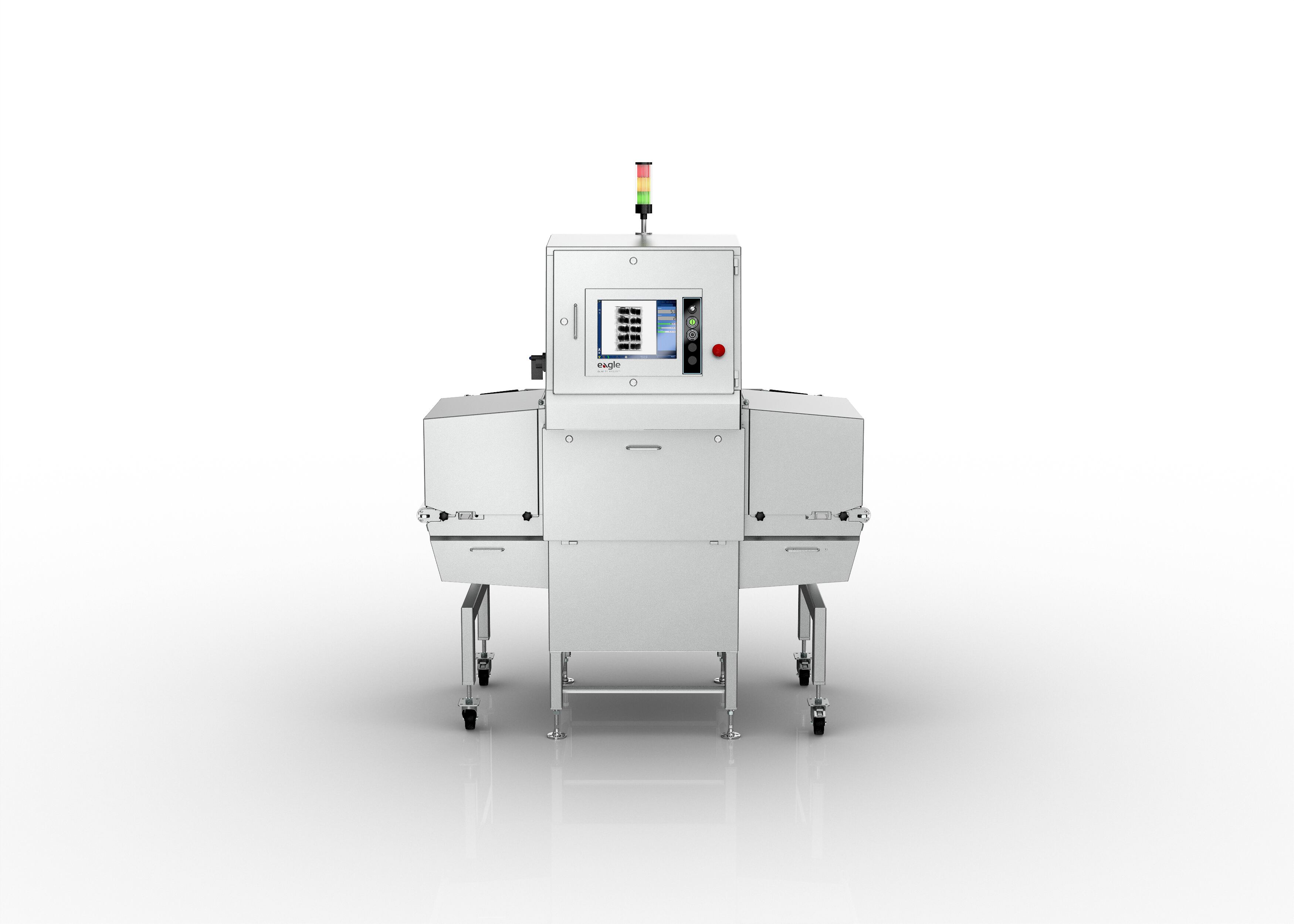Simon King, global head sales, service and marketing, Eagle Product Inspection, told FoodQualityNews.com, the number of recalls in the UK and US, due to physical contamination, have increased over the last five years.
Increasing pressure from regulators and governments

However, this is due in part to increased awareness of food safety among consumers and retailers, as well as stricter regulations – including audits - raising the bar for food manufacturers, he said.
“Manufacturers and retailers are investing in ‘some very sizeable’ programmes around the world in various food categories, as they come under increasing pressure from regulators and governments to ensure food safety and avoid multi-million pound product recalls,” added King.
Fat analysis systems (such as Eagle's FA3 system) are particularly relevant in the meat industry, where meat is sold by fat content, and currently often judged by eye or taste, he said.
A slaughterhouse can use X-ray inspection equipment to analyse the meat to check it has the set percentage of fat in it.
This means it will not over-compensate customers with extra lean meat, and saves potential fines imposed by the customer if the meat and fat are not at the percentages described.
“This issue is an increasing concern for the meat industry, and investing say £250,000 in the relevant product inspection technology can bring return on investment in three months,” said King.
Anything from frogs to stones can turn up in salads
X-Ray inspection systems enable manufacturers to increase throughput rates on their line and pick out a range of contaminants which might not have been previously detected.
King said wires and syringes might show up in meat and anything from frogs to stones can turn up in salads. Eagle's systems can pick out shredded golf balls - a particular problem for potato chip manufacturers, as potato fields were often next to golf courses.
King added a focus on using technology to drive value, alongside fears about possible product recalls, are leading suppliers to invest in ever bigger and bolder food safety schemes.
Previous recalls over the last few years, such as needles in airplane food in the US, and glass shards in sparkling wine in the UK, have led to widespread media coverage, impacting on consumer perceptions about the safety of the food supply chain.
“For any brand involved in a safety incident, a product recall can involve hundreds of pounds of fines and costs including the time and effort spent initiating the recall, communicating it to customers and consumers, then working to rebuild their reputation in the eyes of both retailers and the general public,” he said.
“In addition, there is the expense of lost and wasted product, whole batches of many tonnes might be discarded. It is no surprise manufacturers are keen to do all they can to avoid an incident.”
